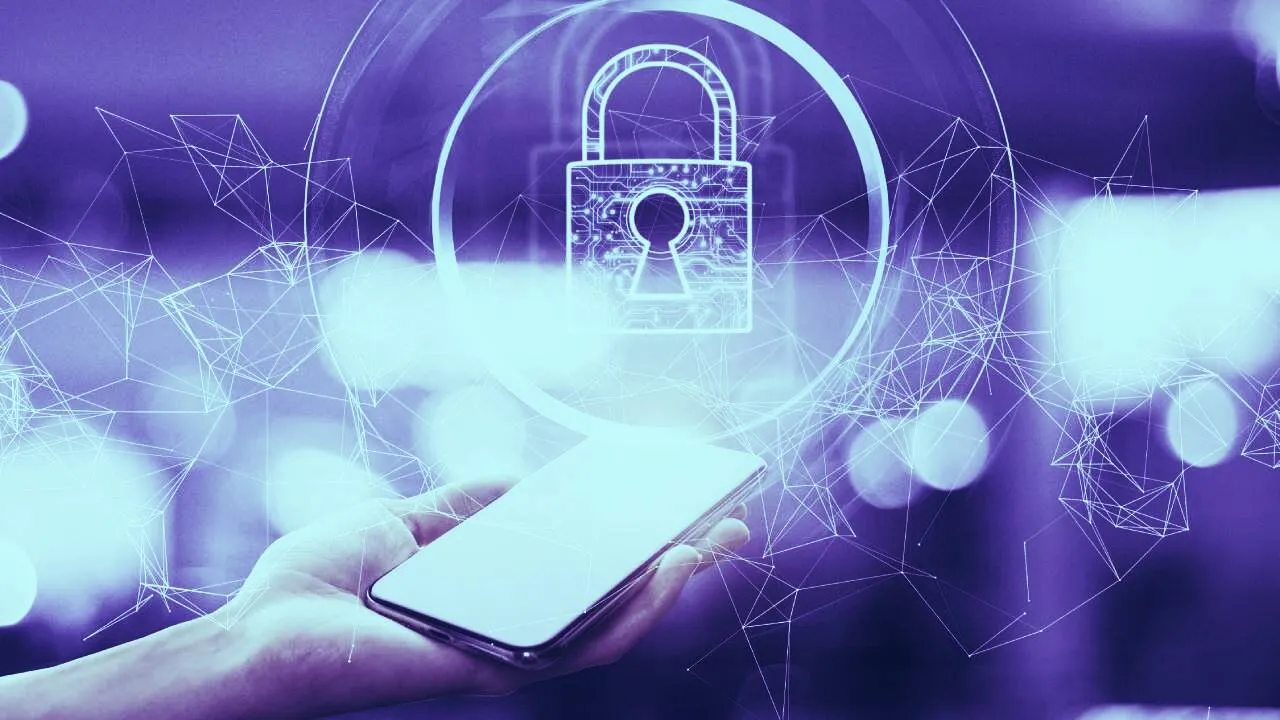In brief
- Seven governments requested tech companies to introduce government backdoors to bypass end-to-end encryption.
- The governments claim they allow terrorism and child abuse.
- Tech companies have, for the most part, resisted creating backdoors.
Government officials representing Australia, Canada, India, Japan, New Zealand, the UK, and the US yesterday signed a letter outlining the dangers of end-to-end encryption and requesting that tech companies introduce backdoors for law enforcement.
The seven signatories consider end-to-end encryption, which allows for the private transmission of messages that cannot be intercepted by governments, to be a great danger to public safety, “including to highly vulnerable members of our societies like sexually exploited children.”
The letter was signed by UK Secretary of State for the Home Department Priti Patel, US Attorney General William Barr, Australian Home Affairs Minister Peter Dutton, New Zealand Justice Minister Andrew Little, Canada Minister of Public Safety and Emergency Preparedness Bill Blair, and the governments of India and Japan.
The signatories call on technology companies to do the following: create backdoors for companies to view the data that passes through its platforms (such as conversations on messenger apps); let law enforcement access that data when “necessary and proportionate”; and work with governments to design backdoors.
According to the letter’s signatories, end-to-end encryption technology, which powers chat apps such as Telegram and Signal, makes it difficult for a company to crack down on “serious illegal content and activity on its platform, including child sexual exploitation and abuse, violent crime, terrorist propaganda and attack planning.”
Messenger app Telegram has been outed several times as the favored app of terrorist groups such as ISIS. And, as cited in the letter, the US National Center for Missing and Exploited Children argued last October that more than half of its reports of child exploitation would “vanish.”
But these concerns are not new. Governments often cite child abuse and terrorism as reasons for increased mass surveillance. Moreover, several of the signatories have already outlined the dangers of end-to-end encryption. The UK, the US, and Australia said much the same in an open letter to Facebook CEO Mark Zuckerberg last October. Facebook, Apple, and many other tech companies have resisted introducing backdoors into their services.
Daily Debrief Newsletter
Start every day with the top news stories right now, plus original features, a podcast, videos and more.

